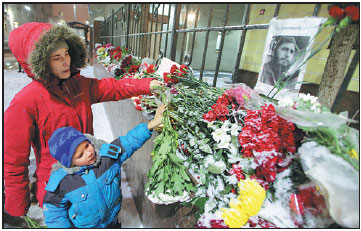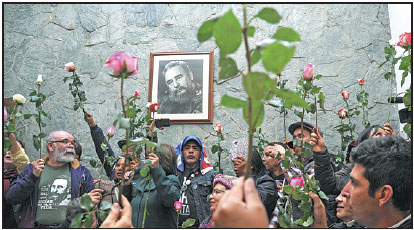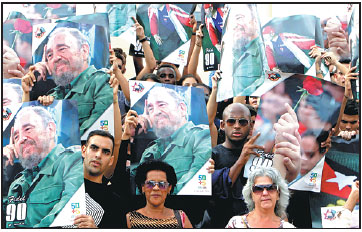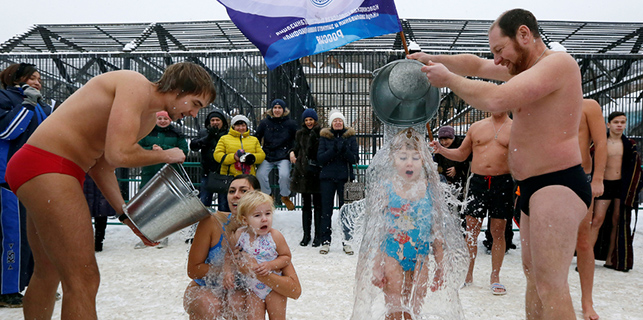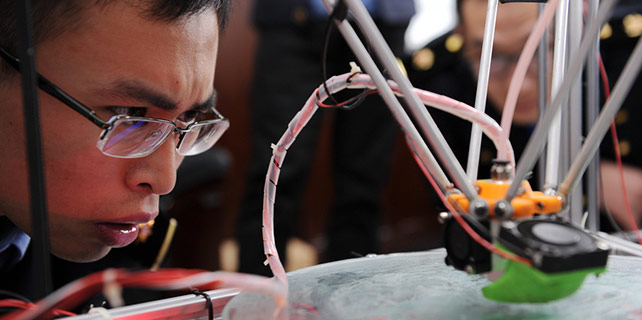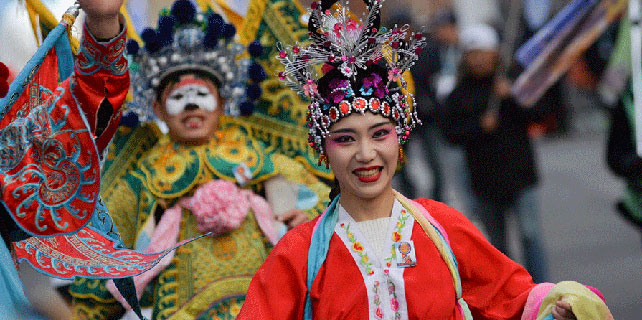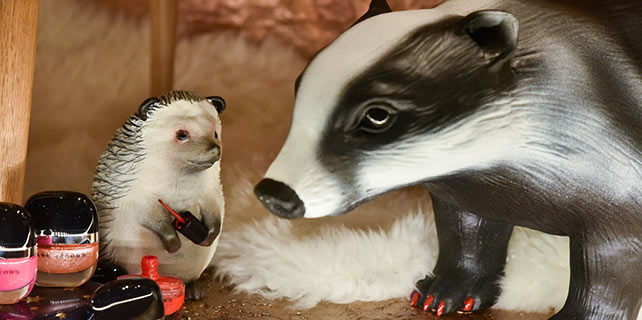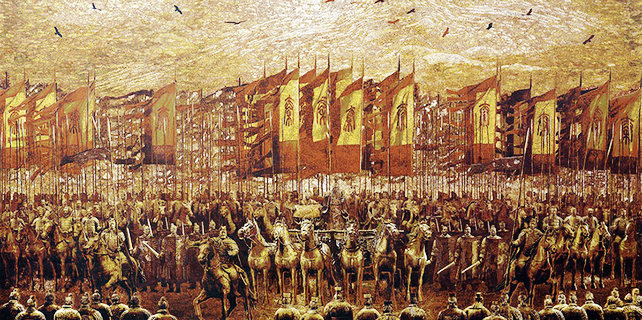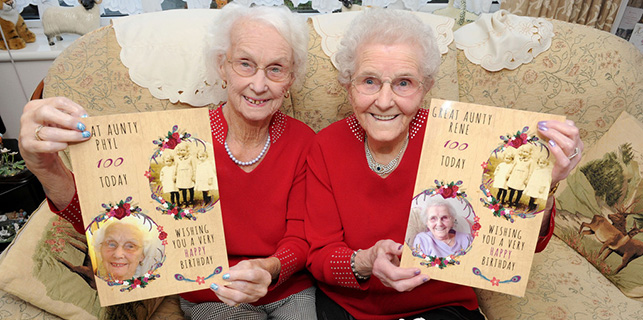A Legend Dies, But His Legacy Lives On
Revolutionary's influence still felt in Cuba and across Latin America
Fidel Castro, the revolutionary leader and former Cuban president, was born on Aug 13, 1926, into a wealthy family in Biran, northeastern Cuba.
The son of Spanish landowner Angel Castro and Lina Ruz, a young servant, he demonstrated athletic abilities, outstanding intelligence and a passion for defending social justice from an early age.
He attended private school before enrolling at the University of Havana to study law in 1945. Five years later, when he graduated, he had acquired a political awareness that led him to develop anti-imperialist ideas closely related to Marxist values.
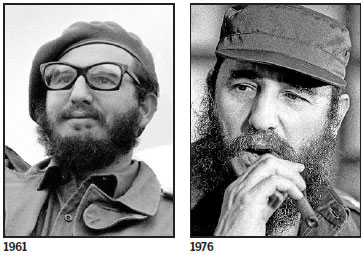
In 1953, he was sentenced to 15 years in prison after a military operation he launched on July 26 against then-Cuban dictator Fulgencio Batista failed, but he was released due to a presidential pardon in May 1955.
A four-hour speech he made in court during his trial, later published as History Will Absolve Me, became the manifesto of Cuba's revolutionary movement and made him a leading figure in that movement.
On his release, Castro organized the 26th of July Movement and fled to Mexico, where he was joined by other exiled revolutionaries, including his brother Raul, Ernesto "Che" Guevara and Camilo Cienfuegos. Together, they formed a guerrilla force to overthrow Batista.
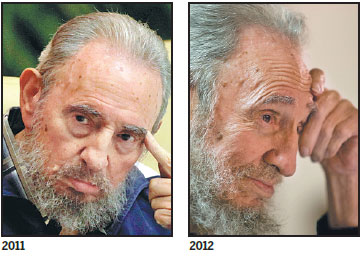
In December 1956, he returned to Cuba along with 81 other men aboard a small Granma yacht. Castro and 11 others then headed for the Sierra Maestra mountains, where they started the Cuban revolutionary war.
In January 1959, when the revolutionary forces marched into Havana, the capital, Batista fled for Spain.
After becoming the head of the revolutionary government and armed forces, Castro launched a series of reforms, including the nationalization of industries and banks, land reform, a nationwide literacy campaign, and the expropriation of companies from the United States.
In 1961, he declared Cuba a socialist country, and in 1965, he became first secretary of the Communist Party of Cuba, which merged the 26th of July Movement and other political and revolutionary groups.
His policies met with strong opposition from the US, which severed diplomatic ties with the island nation, organized military offensives and imposed sanctions. Castro survived several attempts by the US to assassinate him.
In 2006, after leading Cuba for nearly half a century, he stepped down as president for health reasons. He was succeeded by Raul Castro.
Fidel Castro spent the final years of his life largely out of the public eye, writing editorials on world affairs for Granma, Cuba's official daily newspaper, and receiving dignitaries at his home in Havana.
He is credited with inspiring a new generation of political leaders in Latin America, including in Bolivia, Venezuela and Ecuador.
His legacy can also be seen in Cuba's universal healthcare and education system, as well as its world-class biotechnology and pharmaceutical industry.
|
Muscovites leave flowers outside the Cuban embassy in Moscow to pay tribute to the revolutionary leader.Vitaliy Belousov/ Sputnik |
|
Mourners hold flowers in front of a portrait of Fidel Castro at the Cuban embassy in Bogota, Colombia, on Saturday.Guillermo Legaria / AFP |
|
Hundreds of people gather on Saturday at the University of Havana to mourn their former president's death.Ernesto Mastrascusa/ Getty Images |
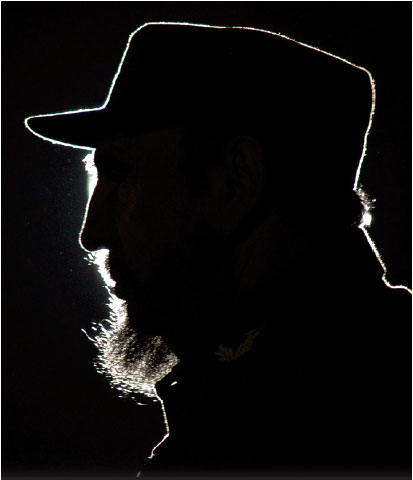
(China Daily USA 11/28/2016 page3)



